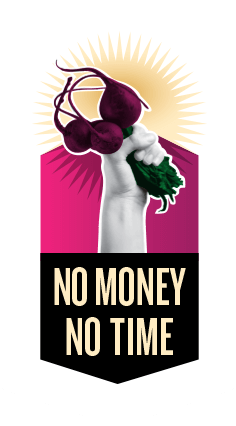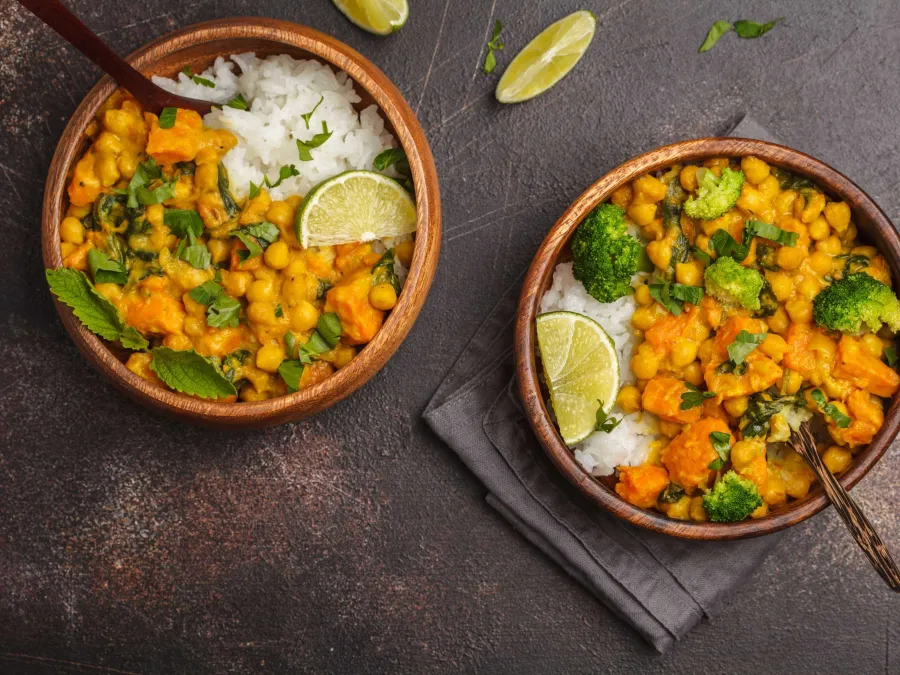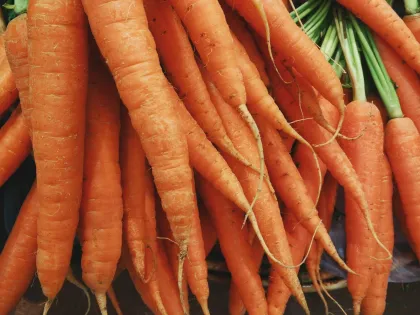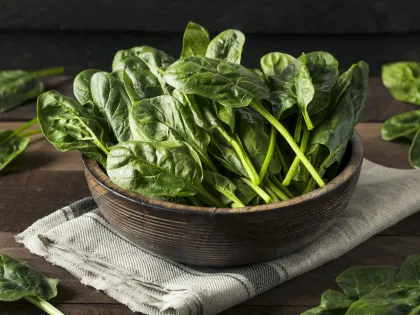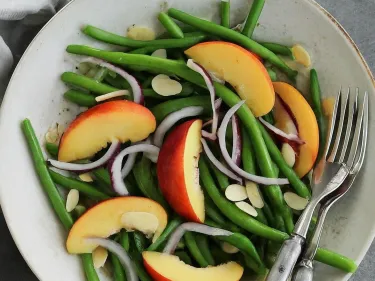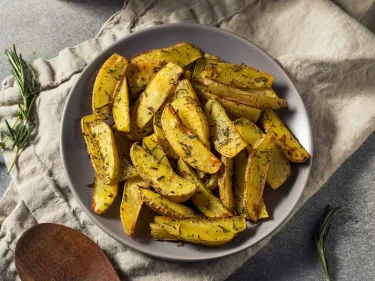Serves = 4
- 1 tablespoon extra virgin olive oil
- 1 large brown onion, remove ends and papery skin then finely chopped
- 2 teaspoon minced garlic
- 1 tablespoon curry powder
- 3 teaspoon ground cumin
- 2 teaspoon ginger (fresh or ground)
- 2x 400g can diced tomatoes
- 400g can chickpeas, drained and rinsed
½ head of cauliflower, cut into florets
- 1 medium carrot, cut into rough pieces
- 1 medium zucchini, cut into rough pieces
- 4 cups mixed frozen vegetables
- 200g cottage cheese
- 3 cups steamed brown rice, to serve

